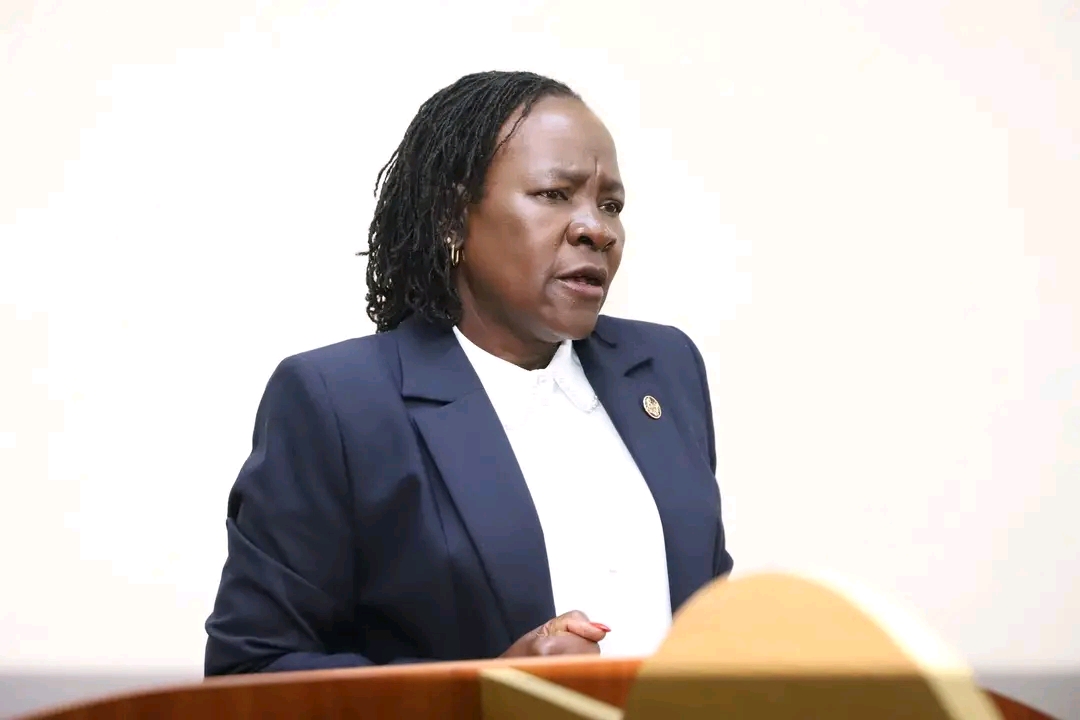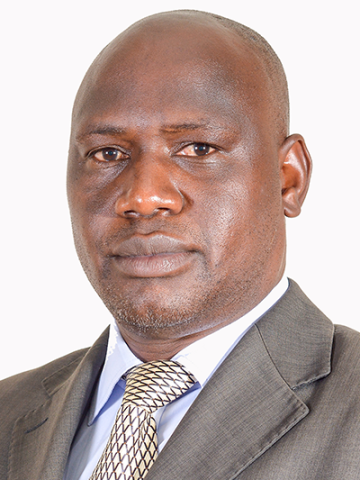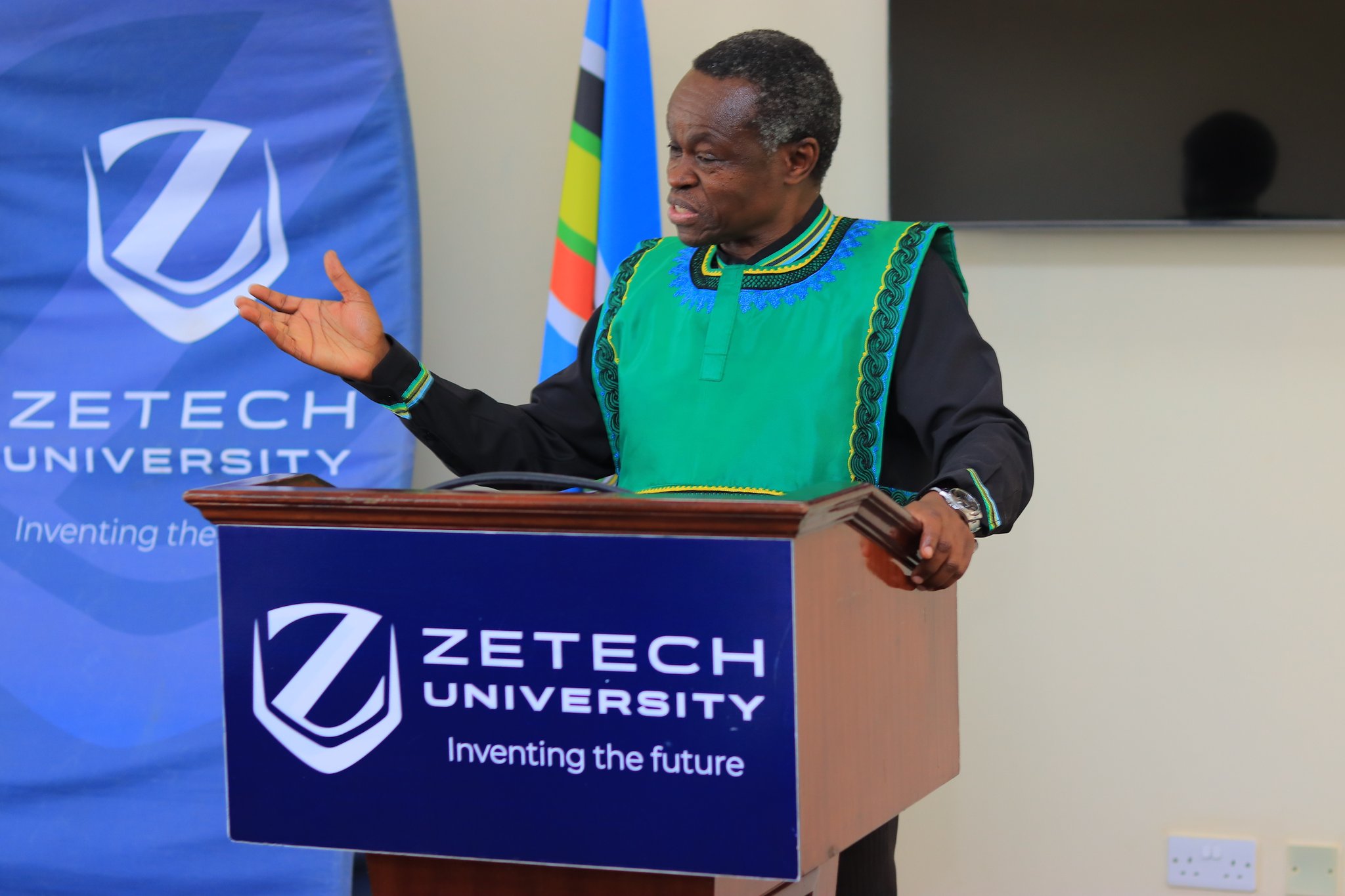The government has launched the sensitization and trainings on the new modularization of courses in the TVET sector in the South Rift as high level officers traversed the area, sensitizing the stakeholders in the sector.
The officers visited Kericho County, where they tackled various topics among the featuring include the contention on a proper and functional funding model for the modularized courses.
Speaking during an elaborate and intensive launch of a series of sensitization sessions in Ainamoi Sub County, Dr. Sella Terrie Kisako who is a Director at TVET CDACC said the funding challenge will be sorted out soon, to enable smooth learning.
Speaking during a sensitization workshop hosted by the Kericho Township TVC, the director assured TVET students that the modularization of all courses in the Country was progressing well and several courses were ready.
“I extend my appreciation to all of you for heeding the call to attend this critical forum aimed at sensitizing the South Rift region on the Competency-Based Education and Training (CBET) modular curriculum,” she welcomed the participants.
Dr. Kisaka revealed that through a sustained investment and policy direction, Technical and Vocational Education and Training (TVET) has been positioned as a transformative pillar in Kenya’s socio-economic advancement.
ALSO READ:
Why acting TSC CEO may remain at the helm longer than expected
The sector continues to play a vital role in equipping the youth with job-ready, adaptable, and industry-responsive skills in line with the aspirations of the Bottom-Up Economic Transformation Agenda (BETA).
“A target has been set for the enrollment of two million trainees by December 2025, reinforcing a commitment to inclusive growth and empowerment through skills development,” the director told over 300 participants drawn from 10 technical colleges in the South Rift.
Last week, a high powered delegation under the Principal Secretary, State Department for TVET Dr. Esther Muoria was in Bureti National Polytechnic for another sensitization forum, where a congregation of Principals, Tutors and students were informed that the Curriculum reforms undertaken under the leadership of the State Department had shifted the focus from theory-intensive instruction to practical, outcome-based training.
In September 2023, full adoption of the CBET curriculum was directed across all public TVET institutions. Thereafter, Occupational Standards were harmonized by June 2024, culminating in the approval of all standards and aligned CBET curricula by the TVET Authority in December 2024.
These standards were developed collaboratively with industry players to ensure alignment with current and emerging labor market demands. Beginning May 2025, the modular curriculum was rolled out across all TVET institutions.
Entry-level modules can now be completed within three to six months, while full qualifications may span up to two years, depending on the skill level and industry requirements.”
ALSO READ:
Spending of activity fees likely to dominate discussions at KESSHA meeting
Dr. Muoria said that in an effort to increase flexibility and accelerate skills acquisition, 192 CBET curricula have been modularized adding, “The modular curriculum allows trainees to complete defined skill sets progressively, enabling both vertical and horizontal mobility within the labor market.
Under the modularized curriculum, she added, the training was anchored on the “Know–Understand–Do philosophy”— which emphasizes on the mastery of competencies aligned to specific skills. A guiding philosophy now gaining ground within the TVET sector affirms that, “Theory is practically useless if there is nothing you can do with it.” This transition addresses the long-standing mismatch between the qualifications acquired by graduates and the practical demands of industry.
The Kenya Association of Technical Trainings Secretary General Shadrack Tonui said they were in support of the transition and that national guidelines for implementation and scheduling were disseminated to all institutions and had been received.
“In fact, we are now looking forward to the Monitoring of the implementation process which will commence soon. This will assess delivery efficiency, compliance to module sequencing and actualization of competencies among trainees, “he said.
The KATTI who was accompanied by the Chief Principal of Bureti National Polytechnic said all technical training institutions have been directed to transition all ongoing students to the modular system. In addition, those pursuing KNEC curricula are to be supported through CBET bridging opportunities offered on part-time or blended modalities to ease academic transition and reinforce employability.
ALSO READ:
How form four candidates can cope with stress as exams edge closer
Complementing the CBET modularized curricula is a strong emphasis is being placed on industry-based training as an integral component. The reformed approach requires that practical skill acquisition takes place not only within institutional workshops, but also in real industry settings. Industry actors are therefore expected to play a central role in offering structured training opportunities and also in participating in the assessment of trainees to ensure alignment with occupational and sector-specific standards. This partnership is essential for producing graduates whose competencies are directly applicable in the workplace, thereby bridging the gap between training and employment.
In addition, the Recognition of Prior Learning (RPL) framework is being implemented through a dedicated Division within the State Department. Through RPL, skilled individuals, particularly those trained through informal or non-formal means are provided with pathways to validate and certify their competencies. This mechanism enhances inclusivity and strengthens recognition of skills within the informal sector, which accounts for over 80% of national employment. By formally acknowledging existing competencies, RPL further supports labor market mobility and social equity within the CBET system.
ALSO READ:
Technical college students challenge fee hikes, say it threatens their education
These efforts are being reinforced by strategic international engagements. A high-level study tour to Australia revealed a robust TVET system where CBET principles, industry training and RPL are fully embedded. Engagements with Technical and Further Education (TAFE) institutions illustrated the seamless alignment between curriculum design, industry expectations, and international mobility.
During the trainings the officers emphasized that the success of the reforms in the TVETs depended heavily on leadership at the institutional level. Principals, Deputy Principals, and Heads of Department were expected to drive awareness, provide technical guidance to trainers, and ensure compliance with the new curriculum framework.
By Benedict Ng’etich
You can also follow our social media pages on Twitter: Education News KE and Facebook: Education News Newspaper for timely updates.
>>> Click here to stay up-to-date with trending regional stories
>>> Click here to read more informed opinions on the country’s education landscape






